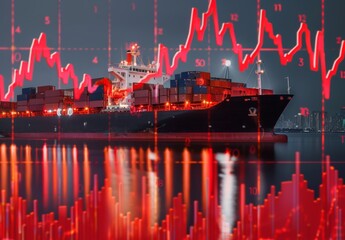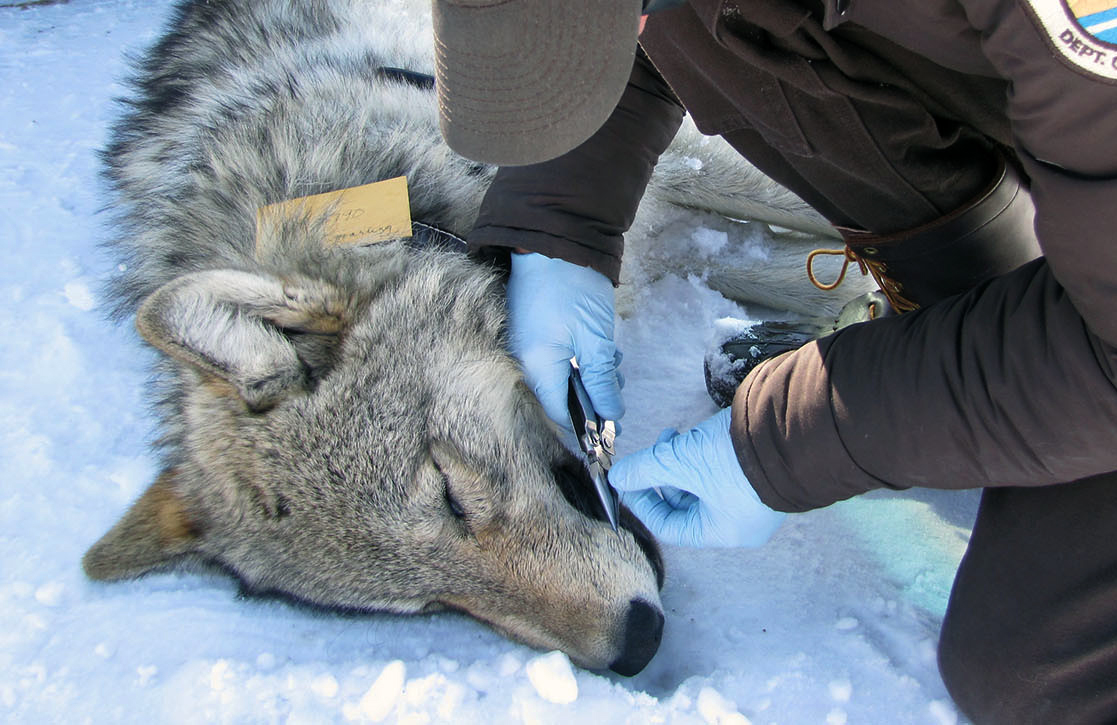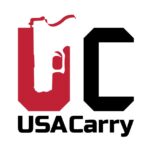This article was originally published by William L. Anderson at The Mises Institute.
Sen. Tommy Tuberville of Alabama—who formerly made his living as a college football coach—has stepped into the current controversy over President Donald Trump’s tariffs by making a training analogy:
No pain, no gain. That’s what we used to tell our football players. There’s gonna be some pain with tariffs… Democrats get out of the way. Shut up.
He added:
There’s going to be some pain with tariffs, but tariffs got us back as the strongest economy in the world when President Trump was in [office] the first time. He knows what he’s doing.
In economics, there are scenarios where “no pain, no gain” might hold. Entrepreneurs, for example, often will risk their own funds and put in many hours (without financial compensation) to chase an idea and attempt to turn it into reality. A country cannot build up a capital base without there being real savings, and the only way people can save money is to postpone some present consumption and divert that money to financial instruments that pay for capital development.
Austrian Capital Theory is built around time preferences of individuals. Those with low time preferences are willing to hold back some present spending so they can have more resources in the future, while high time preference people have short time horizons when it comes to personal spending. These time preferences across a society are what determine the market rate of interest, as the capital structure across a market economy responds to those interest rates.
In a world of scarcity, “no pain, no gain” makes sense. There are few worthy goals in life that cannot be met without someone engaging in some aspect of abstention. Athletes and entrepreneurs know that well.
But Tuberville’s use of the term when it comes to tariffs is mistaken. While there is no doubt that tariffs do benefit some people—and one can expect to see many of the beneficiaries petitioning their government for trade restrictions—when applied to an economy overall, it is clear to say that they make an economy worse off, on net, than would have occurred had no tariff been levied.
Tuberville’s Erroneous Argument
While I doubt Tuberville can make a coherent economic argument in favor of tariffs, his claim that tariffs made the US economy “the strongest in the world” would seem to be based upon the belief that by protecting certain industries from foreign competition, those industries would then be able to invest in long-term capital and grow, thus creating net wealth benefits for the entire economy. That certainly has been the justification for the centuries-long protection of the American steel industry, which has been receiving government favors since the founding of this republic.
Indeed, Abraham Lincoln’s support for protective tariffs for steel and other domestically-manufactured goods was central to his political philosophy, and politicians of all parties love to quote the “wisdom” of Lincoln. As tariff supporters see it, the greatness of America came from its iron and steel industries, which could not have come about without those tariffs.
Furthermore, the iron and steel industries were tied to industries such as railroads and coal, which played an important role in the industrial and civic development of the US. Without the ability of iron and steel to capitalize and develop without the fear of being “undercut” by foreign competition, American industrial power would not have existed in the way that it ultimately developed, making the nation poorer than it would have been.
One should understand that while the “What if there had been no tariff?” argument is a counterfactual, which is why we cannot answer to the satisfaction of critics of free trade. The US did not practice free trade, yet its economy developed rapidly in the late 1800s and early 20th century, which brings the post hoc ergo propter hoc argument to the fore. However, one cannot argue about economics and economic development without acknowledging opportunity cost and Carl Menger’s “law of cause and effect.”
For Tuberville’s “pain and gain” argument to be correct, the following scenario must have occurred:
- Even though it was more costly to manufacture iron and steel products in this country than abroad (including import costs), over time, the capital development due to the tariffs would have driven real production costs down.
- Firms that purchase these higher-cost iron and steel products (such as railroads) will operate exactly as they would have done had they been permitted to purchase less expensive foreign products, with no change in profitability. The same goes for other related industries. That is impossible on its face.
- However, over time, because the domestic iron and steel industries have been protected, they use their profits to invest in capital and become more efficient in production, and become low-cost producers, which then permits the railroads and other related industries to expand. That expansion leads to greater prosperity.
There is a huge problem, however, that would have escaped Tuberville’s “pain, then gain” outcome. The long-term outcome, if it were to occur at all, would have come after several years of these businesses having to keep their firms smaller and less profitable. So, by the time the iron and steel industry finally reached the low-cost threshold of its former foreign competitors, the companies that purchased those iron and steel products would have been paying higher prices than necessary for many years, which is not conducive to economic growth.
A Tuberville Football Analogy
To better explain this situation, assume Coach Tuberville is back on the football sidelines. His main competitor is running an offense that Coach T recognizes could revitalize his own team if they were to implement it. However, the offense is complicated and if Coach T wants to learn it correctly, he should bring in someone from the outside who can teach it to him.
However, Coach “No Pain, No Gain” believes that it would be better to develop it himself, citing the “self-sufficiency” argument. Unfortunately, Coach T does not have the same grasp of that offense as someone coming in from the outside, so his team plays at a disadvantage for a few years until the fan base loses patience with him and he is fired.
With both the tariff and analogy of implementing a new offense, we see a situation in which administrative “pain” is imposed upon someone, and in both cases, there are no “gains.” It is one thing when people voluntarily withhold part of their income to save for the future, thus creating a base for capital development, but quite another when people have costs imposed upon them that will lower their living standards without the hope of things getting better.
“Take One for the Team”
Even if one can argue that with tariffs there is no net economic “gain” for the economy after the “pain” of tariffs, it would seem that Tuberville is also appealing to another admonition we often hear from coaches: “Take one for the team.” That is, one can acknowledge that tariffs will have a net negative effect, but at the same time, the “team” miraculously benefits.
In sports, the “take one for the team” usually refers to an athlete taking a huge risk or competing while injured so his or her team has a better chance of winning. With regard to tariffs, the “team” will “win” by “sticking it to the other country,” since countries that levy tariffs are not the only nations damaged by the import taxes. Nonetheless, doing damage to a perceived “competitor” also can be seen as a form of “victory,” albeit a perverse win since everyone is worse off than before.
Conclusion
While Sen. Tuberville believes that the imposition of tariffs is analogous to football players going through the necessary conditioning to withstand the rigors of the upcoming season, it is more like a team benching their star quarterback and playing a benchwarmer in hopes that the other players will improve their own performances. The team needlessly loses games because the coach has hamstrung them.
The stated idea behind the imposition of protective tariffs to aid so-called infant industries is that over time these industries will grow and increase wealth throughout the economy. However, the reality is that the economy will be permanently poorer as long as the tariffs or other trade restrictions exist. Even if the infant industries “grow up,” the net losses suffered by the economy will always be greater than net gains produced by the protected firms. The gain will never be greater than the pain.
Read the full article here




